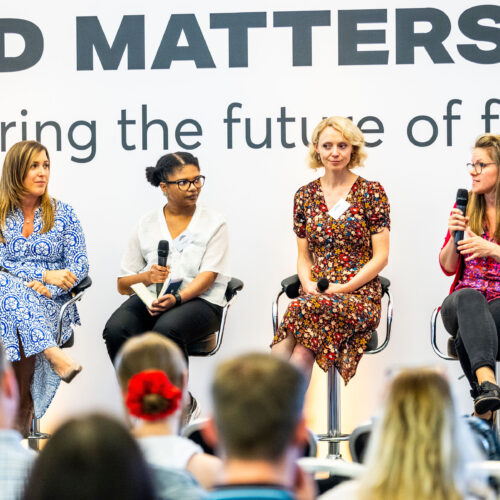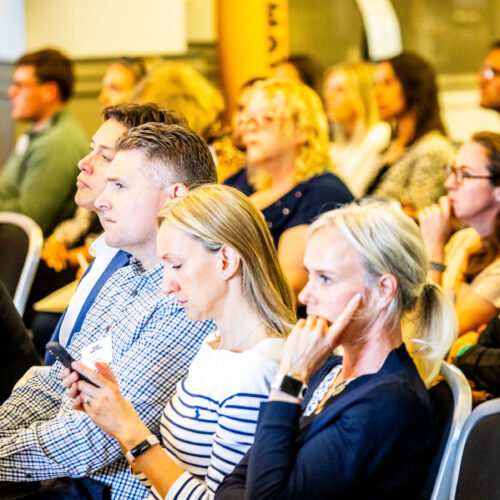There’s no doubt that the personalised nutrition market is growing, and fast.
Forecasts suggest the sector could be worth anything between $15bn and $25bn within the next five years.
And it seems to be everywhere you look, with a wealth of apps, advisors, and new companies entering the market.
But it’s an area that’s pushing the boundaries of science and medicine.
In this episode of the Food Matters Live Podcast, we take stock and ask: Where are we at with personalised nutrition?
What does the science say? Just how optimistic, or cautious, should we be about how effective this approach is? And what’s driving the growth in the sector?
Technology is certainly helping the sector to grow, but does the future of personalised nutrition lay online or face-to-face consultations?
Is there much difference, both in quality of advice and outcomes, between visiting a trained professional and using a data-driven app?
Personalisation could be as simple as following a vegan diet, but it can be as complex as reversing diabetes, or lowering your cholesterol. And the future potential appears to be almost endless.
But with so many apps fighting for your attention, how do you determine which are offering evidence-based advice, and those looking to make a quick buck?
Listen to the full episode as we look at what the future might for personalised nutrition. Could it be a game-changer in the developing world? Could it solve the obesity crisis?
Dr Suzan Wopereis, Principal Scientist, TNO
Dr Wopereis, principal scientist, joined TNO in 2006 and works with a systems biology research group active on the theme ‘quantification of health and effects of lifestyle on health’, acting as principal investigator in several public private partnerships, as well as on international research programmes focusing on systems health applying genomics technology, bioinformatics, and standardized infrastructures focusing on systems health.
Moreover, she is responsible for scientific contents in the TNO programme on personalised health, focusing on inflammatory resilience.
In her 16 years of research at TNO, her main focus has been on phenotypic flexibility as a measure of health, where she uses standardised challenge tests to study the response of a multitude of biological processes to quantify resilience in health optimization and chronic lifestyle related diseases such as Diabetes Mellitus type II.
Mariette Abrahams, CEO & Founder, QINA
Mariëtte Abrahams is the CEO and founder of Qina, a platform that helps companies connect and innovate in personalised nutrition.
Qina bridges the gap between science and solutions to make nutritious food accessible to all by providing market intelligence, research and innovation services via a global network of domain experts.







